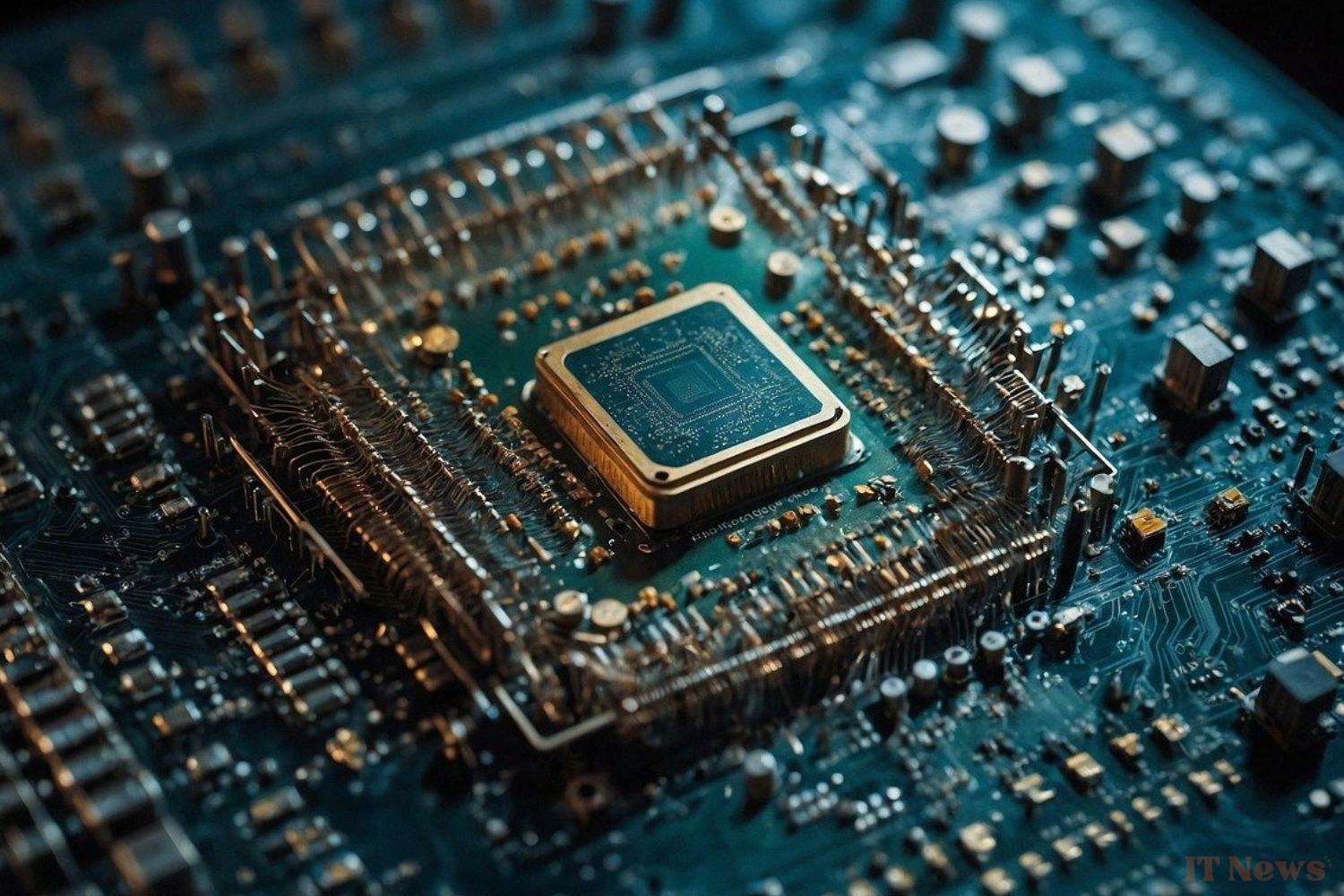Europe aiming to control 20% of global semiconductor production by 2030, to reduce its dependence on Southeast Asia and the United States? It's a failure. A report on the European Commission's strategy for electronic chips, published Monday, April 28, shows that this objective, which the European Union (EU) set for itself in 2022, will not be achieved. Worse, it is "disconnected from reality," stressed Annemie Turtelboom, who presented the European Court of Auditors' report to the press.
The latter "is wishful thinking: to achieve it, we would have to almost quadruple our production capacity in the next five years. Needless to say, we are lagging behind. Europe must be able to compete, but to do this, the European Commission must first review its long-term strategy to better reflect market reality," she said, as quoted in the press release from the European Court of Auditors, the EU's financial watchdog. In 2022, the Old Continent wants to avoid new semiconductor shortages that have marked the Covid-19 crisis. Brussels has set an ambitious goal: to catch up in the manufacturing of electronic chips, essential components for our smartphones, cars, and computers, which are mostly in the hands of manufacturers in Southeast Asia and the United States.
Are the sums mobilized by the EU insufficient?
Eighteen months ago, it launched its "Chips Act," a subsidy plan designed to reduce its dependence on Asian and American manufacturers.
At the same time, Brussels predicted that by 2030, Europe would produce a fifth of the world's electronic chip production. But the measures decided upon are far from having borne fruit. Firstly, because semiconductors require raw materials over which Europe has no control. China controls 95% of the world's refined gallium.
Another pitfall: the sums mobilized (nearly 86 billion euros) are not enough compared to the disproportionate amounts spent by giants like Taiwan Semiconductor Manufacturing Company (TSMC), Samsung, and Intel. According to the European Court of Auditors, the latter had planned to invest $425 billion between 2020 and 2023. As a result, Europe is expected to reach only 11.7% of global production in 2030, only 7% more than in 2020.
Megaprojects delayed or canceled
This figure, which is far from reaching 20%, is also explained by the fact that certain megaprojects that were planned on the Old Continent have been canceled or delayed. Intel, for example, had planned to invest 30 billion euros in a mega-factory in Magdeburg, Germany. But the project was postponed last September. “There are a limited number of actors who receive a lot of funding, which means that if a project falls through, it has a huge impact on the 20% targets,” explained Annemie Turtelboom, a former Belgian minister. On the other hand, the European Commission only controls 5% of the funds announced in the Chips Act. “We are participating in a global race, but from the back of the field, and it is not certain that we have the means to succeed in this race [or the] skills to support the industry, and the funding we have is fragmented and dispersed,” Annemie Turtelboom reminded during the presentation of the report. As a result, Brussels actually has very limited control over the allocation of funds. It also lacks an overall vision, since European countries are not required to notify the Commission of their factory construction plans in this area.
There is an urgent need to review the strategy for the sector
The authors of the report recommend "an urgent review of the strategy for the sector" by updating the Chips Act, reassessing the initial 20% target, and including future industry trends. They recommend that Brussels focus on electronic chips for artificial intelligence or on units with smaller etched circuits. A first review of the Chips Act is currently only scheduled for September 2026. Add to this more than gloomy assessment "geopolitical tensions, (which) further complicate the situation." Donald Trump is threatening the entire sector with steep tariffs, which would lead to a risk of "collapse of supply chains."



0 Comments